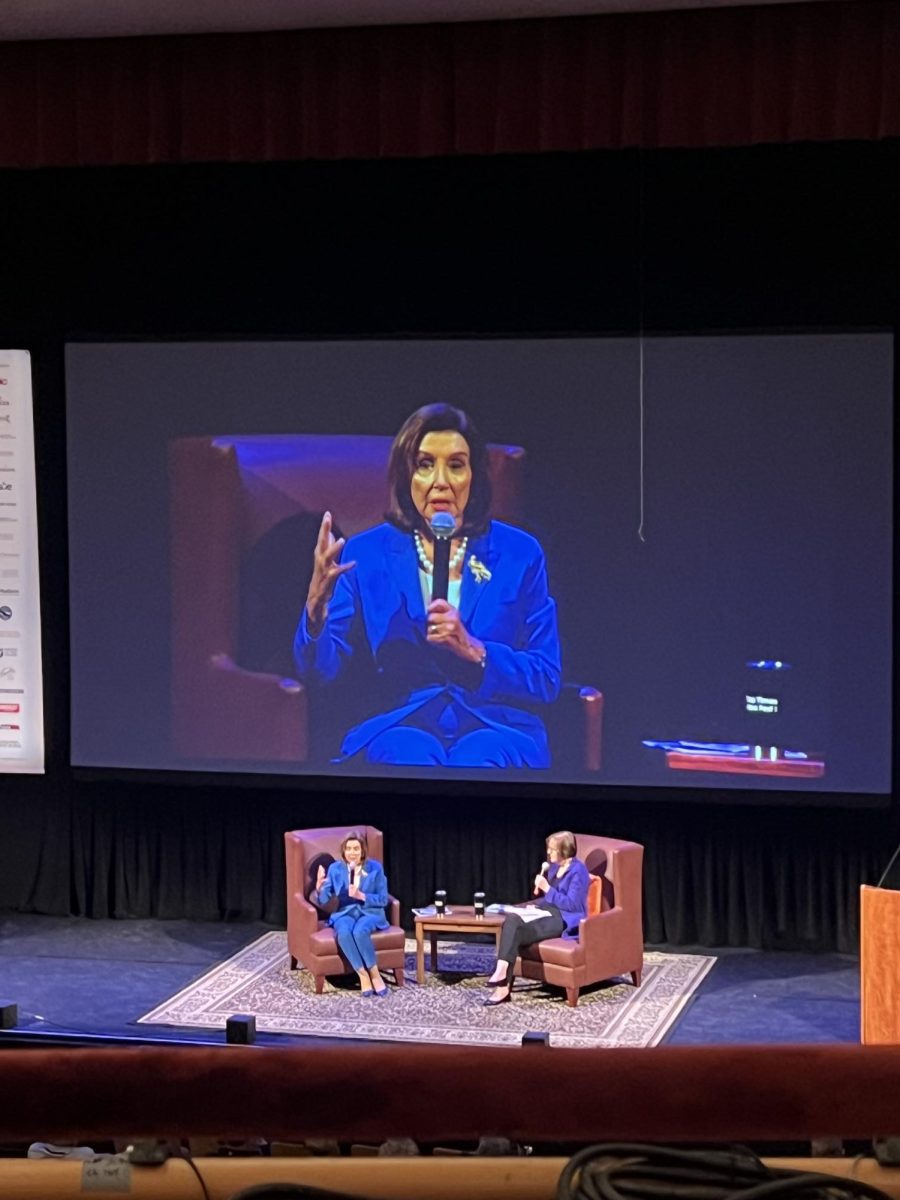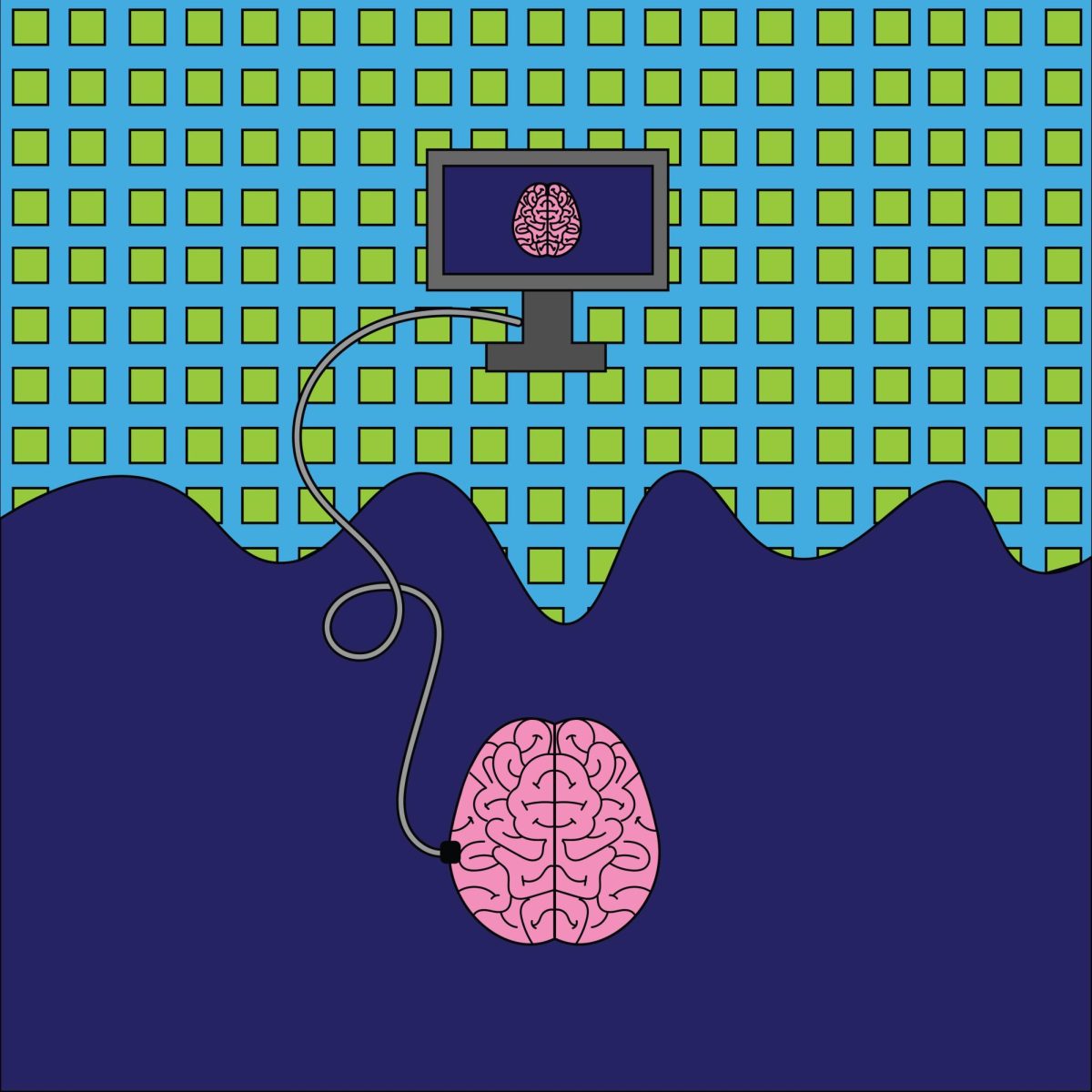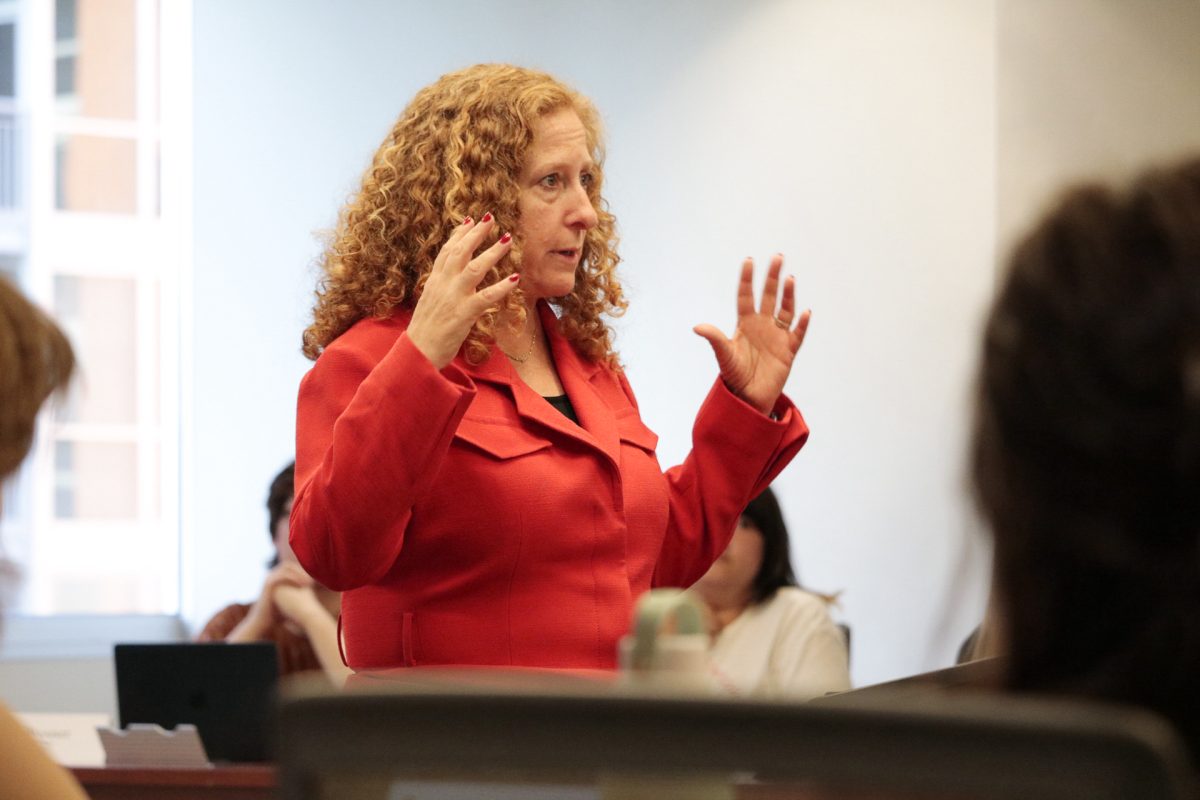In December 2006, the University of Wisconsin Board of Regents unanimously voted to include domestic partner benefits as part of their pay plan for 2007-08 budget year.
Democratic Gov. Jim Doyle similarly introduced domestic partner benefits in the last two biennial budgets and plans to include it in the 2009-11 budget.
But despite both the state and university efforts, the clause was removed as a compromise in order to pass the budget, leaving UW-Madison as the only school in the Big Ten to not offer benefits for the same-sex partners of its faculty.
Without domestic partner benefits, many believe the UW System now struggles to uphold an equitable working environment for all members of the community and is falling behind economically.
Some faculty members who once brought in large sums of money from research grants are leaving the UW System for institutions where the benefits are offered, while other prominent scholars are turning down offers or are considering leaving.
According to some, the lack of domestic partner benefits is not only a social issue, but also a detriment for the UW System to recruit and retain the best faculty and staff.
What is the loss to the UW System?
According to the UW System Inclusivity Initiative for Lesbian, Gay, Bisexual Transgender and Questioning People, the UW System has lost key faculty due to its inability to offer domestic partner benefits.
Rob Carpick, a former associate professor of physics and nanotechnology, left UW in 2006 for the University of Pennsylvania. Carpick brought in $3.4 million in external grants between 2000 and 2006, which contributed to the university’s general fund and paid for a research team including a staff scientist, a post-doctoral research and 10 graduate students.
Upon his departure, Carpick took his external grant money and the researchers with him.
“After six and one-half years of working very hard, I found it’s problematic to work in an environment where you are not treated equally,” Carpick told the Associated Press. “Fortunately, there are other entities that are more enlightened that the state of Wisconsin on this issue, and the University of Pennsylvania is one of them.”
Professor Shelley Correll left the UW department of sociology in 2003 for Cornell University.
Once leaving UW, Correll was granted tenure in addition to attaining more than $3 million in grants for Cornell — a loss of approximately $860,000 per year for UW.
In February 2007 Correll wrote to the System’s Inclusivity Initiative that the lack of domestic partner benefits was the main reason she left.
“Some people think that domestic partnership benefits are some kind of special rights for lesbian and gay employees,” Correll wrote. “This is simply not true — I just want the same benefits that any married colleagues have, that being health insurance benefits for my partner.”
Larry Wu, another faculty member in the department of sociology between 1998 and 2003, received $1.3 million in research grants and then from 2002 to 2007 won an additional grant that brought in another $1.2 million.
Wu, now a full professor and director of the Center for Advanced Social Science Research at New York University, took his research grant money with him.
The UW System continues to struggle with professors who are hesitant or choose not to come to Wisconsin, or those who are contemplating leaving.
According to the Inclusivity Initiative, search committees at UW-Milwaukee and UW-Superior found that finalists for various positions are upset by the policy and are choosing to go elsewhere.
A search committee at UW is concerned that though it found professors to fill these positions, keeping them here might be challenging without the benefit.
Does this include everyone?
Eric Trekell, director of the Lesbian Gay Bisexual and Transgender Campus Center, said it is always hard to speculate how much the size of the applicant pool is reduced without domestic partner benefits.
According to Trekell, the problem is the UW System resorts to the refuge of producing hard data but not everyone chooses to come here and be “out” sexually.
Consequently, when professors choose to leave, not everyone will say it is because they are gay either because they wish not to disclose that as a reason or their department may not even know their sexual orientation, Trekell added.
In some situations, Trekell found the university has asked why people choose to leave but the reason is not universal throughout all sections of the campus.
But the real problem, Trekell said, is fairness and equality should not be quantified and professors often feel their compensation packages are inequitable in comparison to their married colleagues.
“My personal thought about this is convince me you want me to be here,” Trekell said. “You got competitors who are willing to pay me equally and are willing to respect my relationship with domestic partner benefits.”
In a university where the benefit is not offered, he added, professors are hesitant that homophobia exists and that they may not comfortably be who they really are without affecting their path to tenure and evaluations.
Although the university, governor and some legislators have made an effort, Trekell said they could do more to get domestic partner benefits passed within the state.
“It is simply a fact of the way the university was politically created under the state constitution, and only the Legislature can change that,” Trekell said. “The universities and Board of Regents cannot change the issue alone.”
Why is the state divided?
While Doyle is a major supporter of domestic partner benefits, not all members of the Legislature agree with his position.
Mike Mikalsen, spokesperson for state representative Stephen Nass, R-Whitewater, said no one can show not providing domestic partner benefits is harming the UW System.
Rather, Mikalsen said, people are pushing this through as a social issue.
“There is an economic issue here to offer this benefit when we have other priorities that does help in recruitment and retention,” Mikalsen said. “Not a high priority when we are looking at a $2 billion structural deficit.”
Mikalsen said the people of Wisconsin have voted by a 60 percent margin defining marriage solely between a man and a woman, and therefore the state should oppose domestic partner benefits.
In the end, Mikalsen said, in a free market society, if people don’t like their working conditions they are able to change jobs.
“We have segmented out diversity to gays and lesbians,” Mikalsen said. “What are the pro-family values to those who come here with a spouse and children?”
Despite the opposition, Doyle spokesperson Tim Stumm said domestic partner benefits play a role in recruiting and maintaining high-quality staff.
“I think the governor is a major supporter of it,” Stumm said. “Having domestic partner benefits affects the university’s ability to recruit high-quality faculty and staff that other Big Ten campuses can.”
Where do we go from here? What are we doing now?
Don Nelson, assistant director of state relations at UW, continues to work with the Legislature and governor on the issue of domestic partner benefits, including the possibility of changing the law so UW could control the benefits itself.
Nelson said UW has proposed full fiscal implementation of the benefit, but the law would need to be changed first.
But if the law were to change for UW employees, Nelson said, it might also have to expand to all state employees, and that would require even more discussion.
Unfortunately, Nelson said, the process is quite frustrating though more legislators now “understand the need.”
Currently, there is direct advocacy of the issue from UW for legislators who both support and do not support the issue.
Beside the question of fairness, Nelson said UW is at a “competitive disadvantage” from its peer institutions without offering this benefit to faculty and staff.
“A lot on campus believes this is a fairness issue,” Nelson said. “But we believe UW would be a better climate both fairly and competitively with this benefit.”
Nelson said as incoming Chancellor Biddy Martin, UW’s first openly gay leader, assumes her role, Nelson said he expects continued support of the issue but no more or less than has occurred before.
In an interview with The Badger Herald, Martin said domestic partner benefits are a matter of fairness and recruiting and retaining the best faculty.
Martin said she would continue to advocate the benefit because it is crucial to the well-being of the university and competition issue, especially within the Big Ten.
“Recruiting and retaining faculty is one of my highest priorities,” Martin said. “Domestic partner benefits is one of the many strategies as well as faculty salaries and the intellectual environment that explains why professors stay or go.”
Martin added the lack of domestic partner benefits can send all kinds of messages — including mixed messages — to members of the community.
“It is an ongoing challenge,” Martin said. “Just as prejudices and forms of unfairness against any particular group does damage to our goal to thrive.”
For now, Martin said she will push the university to continually gather data on why people leave UW as a way to try and discern those reasons — but added it is not a simple science.
“People make choices,” Martin said. “The best reason to come to the UW is because of the academic excellence and its students and the vibrant intellectual community, but quality (of life) is an extreme consideration for some.”













